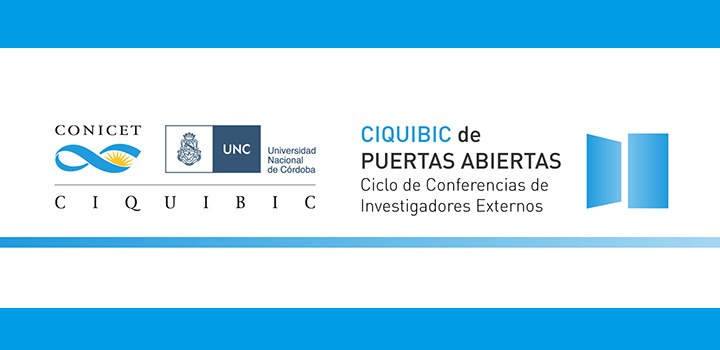By Dr. Soler Illia (INS UNSAM)
Next Wednesday 14 August at 11 hours, Integrators in the Auditorium of the Faculty of Chemical Sciences of the National University of Córdoba, then give the Lecture Series External Researchers "CIQUIBIC Open Doors".
This time, the lecture will be conducted by Dr. Gallo Soler-Illia, Principal Researcher CONICET, Dean Nanosystems Institute at the National University of San Martin and Associate Professor at the University of Buenos Aires.
Nanomaterials to nanosystems: providing intelligence to matter
The nanotechnologies They have developed dramatically in recent decades from crossing interdisciplinary basic knowledge in chemistry, physics, biology, materials science and engineering, and already part of our daily lives. In the last decade, It has shown that you can create and manage a wide variety of nanomaterials, whose properties depend on its size and shape, which can be finely regulated. these nanomaterials, at the same time, They can be considered building blocks nanosistemas more complex, They are combining different regions with pre-established properties (ej: conductivity, luminiscencia, catalysis, affinity (bio)chemistry, etc) among which can transmit and transduce information.
Among the most recent developments, is the possibility of giving certain intelligence these nanosystems for, for instance, respond to external stimuli. This opens the door to new exploitable properties, since these smart materials can be scheduled to adapt to external conditions, or optionally to stimuli act. This type of material has enormous potential in diagnosis or therapy, for example in detection lab-on-chip, controlled dosage of drugs, new prostheses, soft robotics, etc.
We present the design and production of nanosystems based on smart nanomaterials, They are presenting a variety of architecture, porosity and functionality. The role of interfaces on the outer surface or mesopores is essential in storage effects and control of molecular transport, confinement, or even cell guide. By including molecules, polymers or nanoparticles in porous systems, These materials can be programmed to respond to external stimuli such as light, temperature or chemical conditions. These are the first steps to add intelligence to the materials of the future, inspired by the complexity of biological systems.



